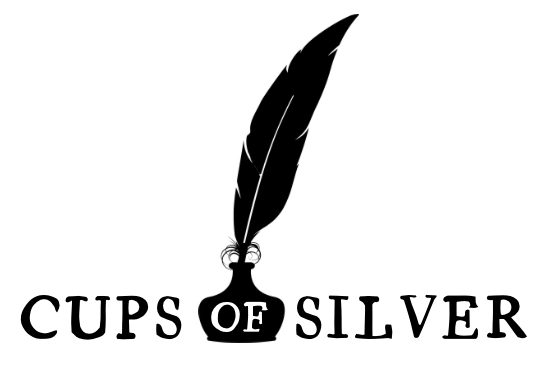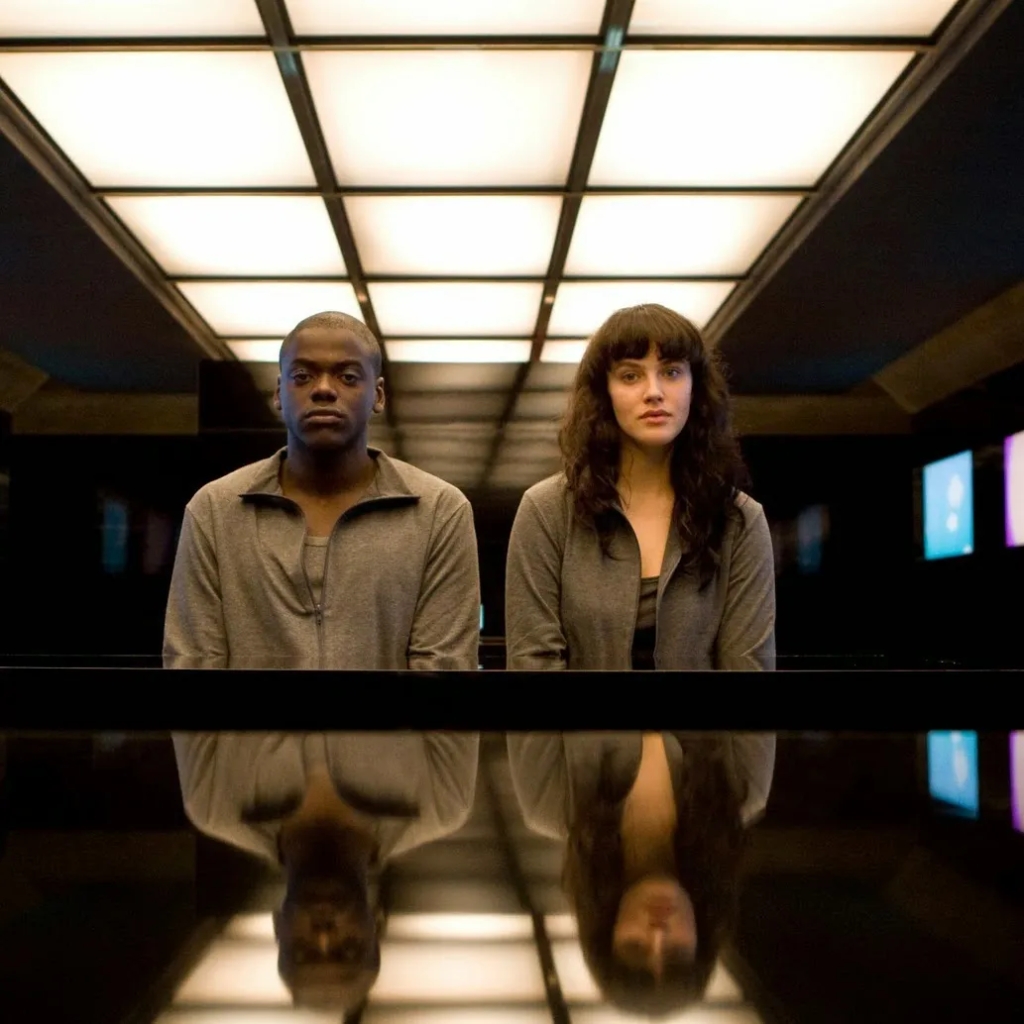Through the critiques of nationalism and imperialism, Fanon presents a discussion of societal mental health. He extrapolates this discussion by explaining how the use of language is applied to the system of imperialist identities, such as colonizer and colonized, in order to teach and mold the native and the colonist into their designated roles as slave and master. He also discusses the role of the intellectual in a revolution, Fanon proposed that revolutionaries should seek the help of the proletariat in order to provide the needed force required to effect a purge of the colonists. According to Fanon, only through the use of violence against the oppressing regime of the colonizer can the colonized break free. However, nowadays the critique of Fanon has been against this notion that through the use of violence, the oppressed can gain their freedom. Some have argued that violence begets more violence or that by violently uprooting the colonizer the oppressed will simply take their place as a new type of oppressor. The episode “15 Million Merits” from Black Mirror can be seen as an example of this type of critique. The scene that will be discussed in reference to Fanon’s work occurs at 49 minutes into the episode and runs until the end of the episode. Bingham Madsen, the main character, appears in front of a reality talent show and instead of auditioning with a stereotypical talent he pulls a shard of glass out from his clothes. From there Bingham threatens the judges and goes on a passionate tirade against the system. When the scene ends the audience discovers that instead of enacting on his violent outburst against the system, Bingham becomes a part of the system and now makes passionate speeches on television for others to consume. Through the use of this Black Mirror episode, one can argue that while Fanon’s discussion of violent revolt against the oppressor is a clever idea in theory, in practice sometimes violence can result in the opposite action one intended. Violence in Black Mirror acts as a tool of revolution up until the oppressing group is able to turn that same violence into a means of more oppression against others.
Near the beginning of the scene at roughly 51 minutes, Bingham pulls out the shard of glass and has pressed it against in neck. At this point in the scene, he has not directly threatened the judges of the “Hot Shot” talent show. However, Bingham’s act of threatening his own life in front of an audience of people in order to state his message can be seen as an act of violence in and of itself. Through the lens of Fanon’s political theory, this could be seen as a good first step in the takedown of the oppressor. Yet, through the words of the judges, one can see that Bingham’s message may not be taken seriously. Wraith, one of the judges, states “Oh man just fucking kill yourself. But you get any on me [blood], dog, I swear to God I’d kick your ass back to life, just so I could cut your goddamn head off” (Black Mirror, 51:12-51:23). Here it can be observed that even a small action of violence not directly against the oppressor initiates a violent retaliation against the oppressed. More variations of violent acts can be seen in the expressions of the other judges’ faces. The female judge appears amused by Bingham’s sudden outburst as if she was watching a child play and then get upset. In comparison, the third male judge appears with mixed emotions of disgust and curiosity. Through the use of the cinematography on the judges’ facial expressions and their blatant disregard for the action of violence against Bingham himself, it can be seen that violence by the oppressed is considered more trivial and childish than serious by the oppressors.
Moving into the speech Bingham gives directly to the three judges. In this speech, Bingham is desperately trying to voice his views as an oppressed individual. Throughout his speech though the camera cuts to the judges’ faces and the audience can see that the judges either look disgusted or bored— they are not paying attention or sympathizing. However, Bingham states the following in his speech:
“I haven’t got a speech, I didn’t plan words, I didn’t even try to. I just knew that I had to get here, to stand here and I knew I wanted you to listen; to really listen, not just pull a face like you’re listening, like you do the rest of the time. A face like you’re feeling instead of processing. You pull a face and poke it towards the stage and la-di-da we sing and dance and tumble around and all you see up here, it’s not people, you don’t see people up here, it’s all fodder. And the faker the fodder is the more you love it because fake fodder’s the only thing that works anymore, fake fodder is all that we can stomach — actually not quite all. Real pain, real viciousness, that we can take. Yeah, stick a fat man up a pole and we’ll laugh ourselves feral cause we’ve earned the right, we’ve done cell time and he’s slacking the scum so ha ha ha at him. Cause we’re so out of our minds with desperation we don’t know any better. All we know is fake fodder and buying shit. That’s how we speak to each other, how we express ourselves is buying shit. I have a dream? The peak of our dreams is a new hat for our doppel, a hat that doesn’t exist. It’s not even there, we buy shit that’s not even there. Show us something real and free and beautiful, you couldn’t. It’d break us, we’re too numb for it, our minds would choke. There’s only so much wonder we can bear, that’s why when you find any wonder whatsoever you dole it out in meager portions, and only then til it’s augmented and packaged and pumped through ten thousand pre-assigned filters, til it’s nothing more than a meaningless series of lights, while we ride day-in, day-out — going where? Powering what? All tiny cells in tiny screens and bigger cells in bigger screens and fuck you. Fuck you, that’s what it boils down to is fuck you. Fuck you for sitting there and slowly knitting things worse. Fuck you and your spotlight and your sanctimonious faces and fuck you all, for taking the one thing I ever came close to anything real about anything. For oozing around it and crushing it into a bone, into a joke, one more ugly joke in a kingdom of millions and then fuck you! Fuck you for happening! Fuck you for me, for us, for everyone, fuck you!”
(Black Mirror, 52:00-54:30)
As Fanon discussed violence is the means for the oppressed to gain their self-respect back and to break free from the injustice that is the oppressor. However, as seen in Bingham’s speech there’s more missing than just self-respect in the aspect of his oppression. Bingham’s life not only lacks purpose but also deeper meaning and connection with others beyond what is seen on television screens. The only close connection he had was with another character who was lost to the sexual violence of the oppressor. Yet, as seen within the scene of Bingham’s speech the oppressors, the judges, disregard Bingham’s feelings of belittlement and struggle. The judges also disregard his violent outburst as an ideological commodity for purchase. One of the judges even goes as far as to say “that throat-cutting-thing, neat gimmick” (Black Mirror, 56:14). This is where Fanon’s theory that violence will lead to freedom for the oppressed becomes difficult to prove in the context of Black Mirror since violence instead is a commodity for the oppressor to buy into.
By the end of the episode that is exactly what has happened, the oppressor bought the oppressed violent message as a form of ideological commodity. At the end of “15 Million Merits,” the audience sees that Bingham on his own free will accepted the deal the judges put forward to him. For a price, Bingham is able to spout his voice against the system while at the same time living within the system as a middle to upper-class member. Instead of enacting change to the system that violently took away the human connection Bingham sought, he sold himself into the system of oppression. Here one can see that Fanon’s idea of violence solving the issue of oppression backfired. Instead of destroying the system and creating a new, better version Bingham became another embodiment of the oppressor. Perhaps what was needed instead of violence was greater education and mass outcry rather than a lone-wolf expedition against the regime.
“To educate the masses politically does not mean, cannot mean, making a political speech. What it means is to try, relentlessly and passionately, to teach the masses that everything depends on them; that if we stagnate it is their responsibility, and that if we go forward it is due to them too, that there is no such thing as a demiurge, that there is no famous man who will take the responsibility for everything, but that the demiurge is the people themselves and the magic hands are finally only the hands of the people”
(Fanon, 135)
As Black Mirror suggests, violence may not be the answer to creating political change— at least a single being acting violently is not the solution. Perhaps if Fanon’s theory of violence was put forward with a large group such as the proletariat of the episode, other people riding stationary bikes and the people cleaning up after them, then perhaps the issue of oppression could have been resolved through violence. However, as the episode discusses Fanon’s idea on violence it displays that violence begets more violence and that the oppressed can be bought by the oppressor. It also discusses the notion that violence becomes a means of an ideological commodity the oppressor can use against other members of the oppressed group in order the help maintain their control and status.
According to Fanon, through the use of violence against the oppressor the colonized or oppressed group can be free. However, the critique of Fanon has been against the notion that through the use of violence, the oppressed can gain their freedom. It has been argued that violence attracts more violence or that through the use of violent uproars, the oppressed will become the new oppressor, thus creating a cycle of violence. The episode “15 Million Merits” from Black Mirror is an example of this critique. While at times perhaps more violence on the part of Bingham and other oppressed members could have proven Fanon’s theory correct, as the episode discusses violence it shows that violence becomes another tool of the master against the slave. When the scene that has been used throughout the discussion is analyzed further the audience can discover the many political critiques it presents and how it also argues against Fanon’s notion of violence. The audience can see this when Bingham becomes a part of the system, and his violence becomes a form of the oppressor’s ideology for others to consume. Through the use of this Black Mirror episode, it was argued that Fanon’s theory of violence can result in unintended actions. Violence can act as a tool of revolution to the extent that the oppressing group is able to use that same violence as a means of ideological propaganda.
Works Cited:
Fanon, Frantz. The Wretched Of The Earth. New York: Grove Press, ©1963. Print.
Brooker, Charlie, and Konnie Huq. “15 Million Merits.” Black Mirror. Dir. Euros Lyn. United Kingdom, British Channel 4, 11 Dec. 2011. Television.








Leave a comment